Ultimate Solo Diver Guide: Independent & Self-Reliant Diving
Have you thought about becoming a solo diver? Solo diving has evolved significantly over the years, transforming from a controversial practice to a recognized and respected diving discipline.
As the dive industry grows, more scuba divers seek the independence and unique experiences that solo diving offers.
This ultimate guide will explore the ins and outs of solo diving, from its origins to the mindset, skills, and equipment needed to dive safely and effectively alone.
The Birth of Solo Diver Certification
Solo diving was historically considered an unsafe diving practice. Scuba training focused on the buddy system to ensure that divers had the resources necessary to survive foreseeable risks and failures.
However, over recent decades there has been a shift in attitude towards the necessity of the buddy system. Dive training agencies began to recognize that a single diver could effectively mitigate risks if they were adequately trained and comprehensively equipped.
Scuba Diving International (SDI) was the first training agency to offer a Solo Diver certification. This certification has gradually gained acceptance within the diving community, breaking the traditional mold of the buddy system.
The certification process aims to equip divers with the knowledge and skills necessary to conduct solo dives safely, emphasizing self-reliance and problem-solving abilities.
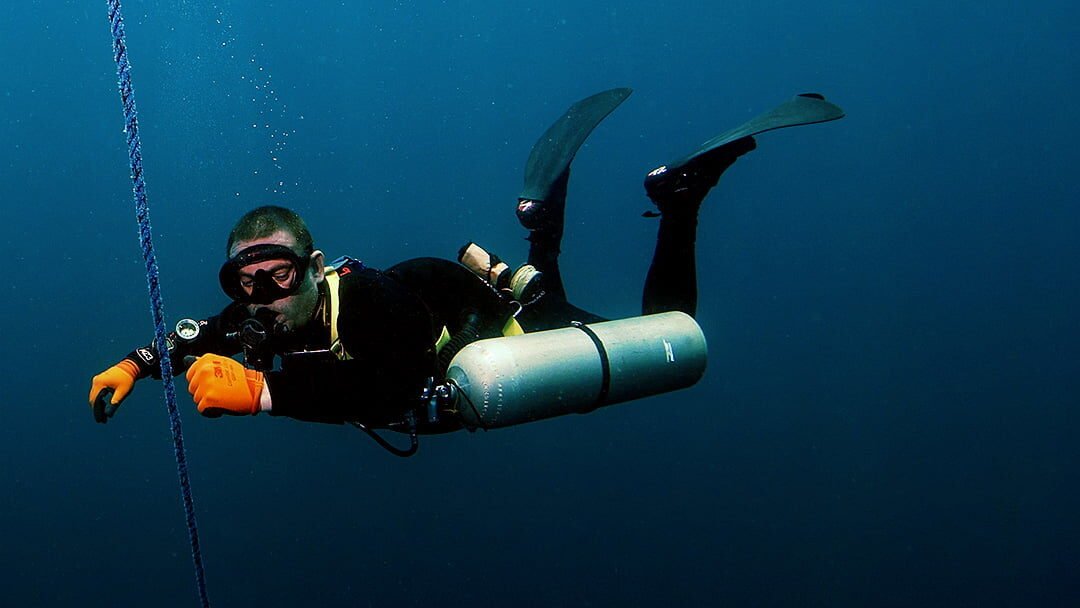
The Importance of the Buddy System in Scuba Diving
The buddy system offers significant advantages:
- Backup Brain: Team members can double-check plans and decisions, providing an extra layer of safety.
- Error Management: In scuba diving, where mistakes can be fatal, a team helps manage risks more effectively.
- Redundancy: Each team member’s self-sufficiency enhances overall safety, but solo diving negates these benefits.
While solo diving has attractive advantages, it involves greater risk that has to be mitigated through extensive experience and training.
If you are considering solo diving, you have the responsibility to seriously consider the implications of losing the safety support inherent to the buddy system.
Scuba divers are trained and certified based upon reliance on the dive buddy for worst-case scenarios. Do not abandon that safeguard without replacing it with a reliable alternative.
The Risks of Solo Diving
Solo diving presents distinct risks compared to diving with a buddy system, primarily due to the absence of immediate assistance and support underwater:
- Limited Assistance: Without a buddy, solo divers lack immediate backup in case of emergencies. Issues like equipment malfunctions, entanglement, or physiological problems must be managed independently, increasing the potential consequences of accidents.
- Equipment Malfunction: In the absence of a buddy, solo divers must handle equipment malfunctions alone. While equipment failure is rare, it can be critical underwater. The buddy system allows for quick assistance in resolving issues or providing backup gear.
- Lack of Monitoring: Solo divers lack constant monitoring of each other’s safety, unlike in the buddy system where buddies continuously check on each other. Without a buddy, there may be delays in detecting problems such as air supply depletion, buoyancy issues, or the onset of distress.
- Response to Emergencies: Solo divers must manage emergencies alone, whereas in the buddy system, there’s immediate assistance available for rescue and first aid. This increases the pressure on solo divers to make split-second decisions and execute emergency procedures effectively.
- Gas Management: Managing gas supply becomes more critical in solo diving. Without a buddy to donate gas during out-of-gas emergencies, solo divers must carry a redundant gas system to ensure a safe ascent.
- Risk of Panic: Solo divers may experience panic without a buddy’s reassurance and assistance. Panic underwater can lead to compromised decision-making, erratic behavior, and unsafe actions, increasing the likelihood of accidents.
- Situational Awareness Overload: Without a buddy to split tasks with, a solo diver can succumb to high task loading and lose situational awareness. Diminished situational awareness can lead to accidents occurring or emergencies worsening.
- No Poor Judgment Safeguards: A dive buddy is an important link in the chain of preventing poor judgments from turning into accidents. This is also true for the likelihood of ‘normalization of deviance‘ over time. Without someone to say “no” to bad ideas, the solo diver must rely on their own wits, self-awareness, and self-discipline to prevent blunders.
What is the Difference Between Solo and Self-Reliant Diving
Solo diving and self-reliant diving are two distinct approaches that share similarities but possesses crucial differences.
- Solo Diving: A solo diver ventures underwater without a buddy or dive team. The solo diver is solely responsible for their safety and risk mitigation throughout the entire dive.
- Self-Reliant Diving: Self-reliant diving, on the other hand, involves divers operating self-sufficiently within a buddy team system. Whilst the team provides necessary risk mitigation, the self-reliant diver is also trained and equipped to handle any emergency alone.
While both solo and self-reliant diving require advanced skills and meticulous preparation, the distinction lies in the level of independence and support available to the diver.
The Benefits of Solo Diving
Despite the inherent risks, many divers choose solo diving for various reasons:
- Dive Objective: Underwater photographers and videographers often prefer solo dives to focus on capturing images without distractions or interference from a buddy. Similarly, underwater hunters find solo diving advantageous for maintaining secrecy about their special spots and techniques.
- Logistics: Solo diving provides a solution for those who cannot find a regular dive buddy due to differing schedules or lack of local diving partners. It allows divers to continue their passion without relying on others.
- Self-Sufficiency: Training for solo diving enhances a diver’s skill set, making them more self-reliant and confident in handling emergencies independently. This self-sufficiency translates to better buddy diving practices as well.
- Independence: Solo diving avoids the challenges of diving with an unknown or less experienced buddy, ensuring that dives are conducted at a preferred pace and skill level.
- Focus and Solitude: Many solo divers find the experience of diving alone to be calming and meditative, offering a unique opportunity for personal reflection and concentration.
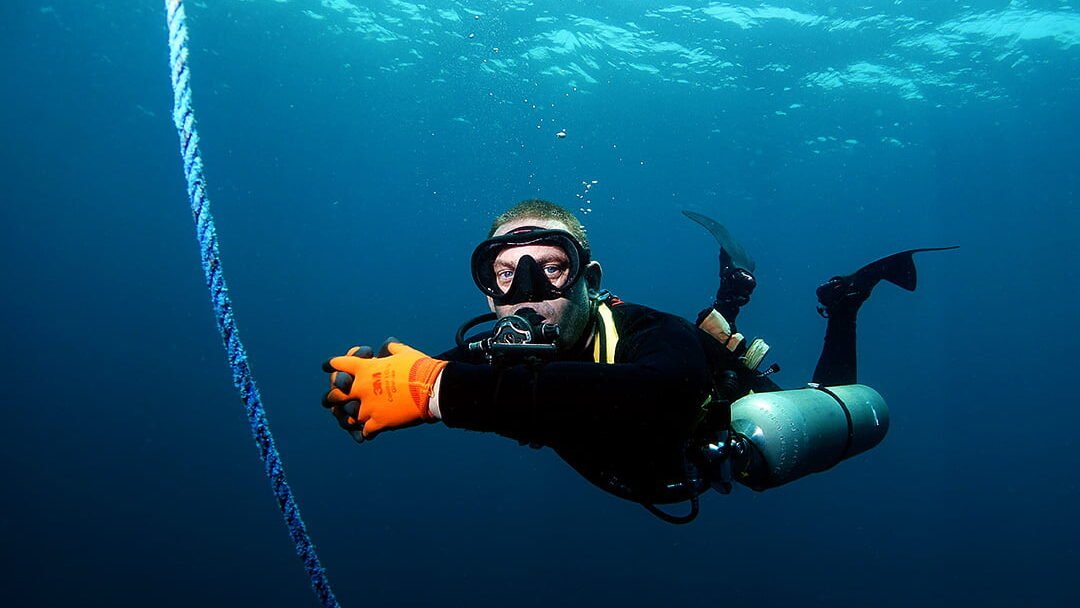
What to Consider Before Becoming a Solo Diver
Psychological Fitness for Solo Divers
Psychological fitness is crucial for a solo diver.
- Effective stress management allows divers to remain calm in unexpected situations, which is essential when no buddy is available to assist.
- Resilience helps divers recover from setbacks, such as equipment failure or challenging conditions, without panicking.
- Emotional control ensures divers can maintain a clear head and make rational decisions, even under pressure.
Developing these traits through regular practice and mental conditioning is vital to handling the unique challenges of solo diving safely.
Cognitive Fitness for Solo Divers
Cognitive fitness is an equally important facet in becoming a safe solo diver.
- Self-awareness enables divers to understand their limits and better recognize potentially bad decisions or misbeliefs.
- Prudent judgment allows divers to make informed decisions, such as when to call off a dive if conditions change unexpectedly.
- Recognizing and overcoming cognitive biases and heuristic thinking is critical in risk management.
Divers must critically evaluate their decisions and avoid overconfidence or complacency, which can lead to dangerous situations. Continual reflection, self-critique and learning from each dive can enhance cognitive fitness and decision-making skills.
Skillset Competency for Solo Divers
Skillset competency is foundational for solo diving. A solo diver must have an ingrained fundamental skillset and reliable contingency/emergency skills. This ensures they can handle any situation independently, from regular buoyancy control to more complex scenarios like equipment failure.
Constant practice and rigorous training help solidify these skills, making them second nature and reducing the risk of mistakes underwater.
The Level of Skillset Necessary for Solo Diving
An important indication that a diver has the necessary level of skillset for solo diving is that their situational awareness does not perish when having to perform fundamental and emergency skills.
Risk Management for Solo Divers
Effective risk management is critical in solo diving. It involves having the necessary experience, knowledge, and attitude to recognize and mitigate all foreseeable risks. This includes understanding the dive site, weather conditions, and their own competency limits for worst-case scenarios.
A solo diver must be proactive in planning and vigilant in execution, constantly assessing the environment and their own status to preemptively address potential issues.
Comprehensive risk management strategies, including thorough pre-dive checks and contingency planning, are essential for safe solo diving.
Physical Fitness for Solo Divers
Physical fitness is paramount for a solo diver. They must be able to perform all foreseeable dive functions with significant comfort.
This includes not only the physical stamina to swim against currents or handle heavy equipment but also the agility and strength to manage emergencies.
Regular cardiovascular and strength training helps maintain the necessary endurance and capability, ensuring that divers can meet the demands of solo diving without undue fatigue or strain.
How Fit Do I Need To Be for Solo Diving?
It is important to gauge your fitness against the physical demands of the worst-case scenarios. Many divers underestimate the exertion necessary to deal with high-stress real-life diving emergencies.
Ideally, your fitness should be at a level where a routine, uneventful dive is physically undemanding and very comfortable. Aim to dive at a small fraction of your physical capacity, so you have plenty left in reserve for when things go wrong.
Appropriate Solo Diver Mindset
An appropriate mindset is crucial for solo diving. This includes fostering a risk-averse attitude, attention to detail, carefulness, and rejecting shortcuts.
- Self-discipline to consistently apply training and adhere to safety protocols is a core solo diver attribute.
- Conservatism in decision-making, such as choosing safer dive plans and avoiding unnecessary risks, is vital.
- Responsibility for one’s own safety is paramount, as there is no buddy to rely on.
- Humility is necessary for the solo diver to overcome the temptations of ego, which can lead to poor judgment.
- Diligence is critical so that attention to detail and care is applied to every aspect of planning and conducting solo dives.
Cultivating this mindset helps solo divers remain cautious and prepared, reducing the likelihood of accidents.
Solo Diver Certification Courses
A Solo Diver certification trains divers to execute dives independently. Key components of the certification include:
- Redundant Air Supply: Ensuring a backup air source is critical. This can be achieved through a pony cylinder, twinset, or sidemount configuration.
- Spare Equipment: Carrying a spare mask, cutting tools, and other essentials to handle common underwater issues.
- Skills Training: Developing problem management skills to control the fight-or-flight reflex, crucial during emergencies.
- Planning Skills: Mastering gas use, dive planning, and personal limits to ensure safe solo diving.
Upon certification, solo divers are better equipped to manage risks independently and make excellent buddies when diving in pairs.
The Benefits of Solo Diver Training
Whilst solo diving courses introduce new equipment, protocols, and procedures necessary for enhanced risk mitigation, the most valuable function of training is to enable an expert evaluation of your abilities and competency as a diver.
Some divers conduct solo dives without having taken a formal certification course. This decision demands that they self-evaluate their relevant ability. In doing so, they have to subjectively guesstimate the competency required for their dives.
Self-estimation of ability is a remarkably flawed tool. People are prone to cognitive bias, like the Dunning-Kruger Effect, where they simply don’t know what they do not know. The likelihood of overestimating one’s abilities is very high.
Needless to say, for a solo diver course to have any value, the instructor must be adept in realistically assessing diver competency and providing honest and accurate feedback.
Furthermore, the solo diving instructor should have a ‘gatekeeper‘ mindset. They should not hand out certification cards to divers who are not ready for solo diving. Training cannot be based on attendance and the box-ticking of skills lists.
Attributes of an Ideal Solo Diver Course
If you are searching for a solo diver course, seek the following attributes:
- Strictly performance-based progression through the curriculum.
- Remedial training, including extra dives, is provided whenever a student struggles with performance standards.
- Courses must be pass/fail, not attendance certifications.
- The instructor has extensive experience as a solo diver, and is ideally a qualified technical diver or tech instructor.
- In-water training mandates solid fundamental diving skills, with lessons performed in neutral buoyancy and horizontal trim.
- The instructor liaises with students in advance of the training to help them prepare and ensure they possess the prerequisite competencies to achieve success.
The Drawbacks of Solo Diver Training
Solo diving is a steep progression from buddy system diving, requiring a far higher level of skill, cultivated mindset, greater knowledge, robust psychological skills, and more comprehensive dive gear. These are not something which can be developed from scratch on a typical 2-day solo diver course.
- For any chance of real success on a solo diver course, the individual should already be an exemplary buddy diver.
- If a diver lacks proficiency in fundamental diving abilities, they may pose a greater risk to themselves and others when diving solo.
- Without the safety net of a buddy, any shortcomings in skills or judgment become more pronounced and potentially hazardous.
Safe competency in solo diving requires a solid foundation of diving skills, extensive experience, psychological resilience, and the right mindset.
Rushing through a short solo diver training program without these prerequisites may result in a certification card, but could also lead to overconfidence and huge risk exposure.
Additionally, solo diver training should not be viewed as a mere certification to collect. A well-taught solo diving course should focus on being a thorough assessment of ability, rather than offering everything as a zero-to-hero training program.
Rushing into solo diver training, or viewing it as a quick fix, can lead to serious negative consequences. It’s essential to approach training with realism, humility, patience, and a commitment to ongoing improvement.
In reality, a well-run 2-day solo diver course has little opportunity to do anything more than honestly and expertly assess a diver’s competency. It should be viewed as a pass/fail review, not just another opportunity for instant gratification certification and the pursuit of self-entitlement.
Popular Solo Diver Courses
Various dive training agencies offer specialized courses to prepare divers for solo diving. Amongst the most popular are:
RAID Independent Diver Course
Prerequisites:
- Minimum age of 18 years
- RAID Advanced35 certification or equivalent
- Proof of 50 hours underwater or 100 logged dives
Course Content:
- Redundant gas source use
- Gas management
- Backup mask deployment
- Fundamental skills and DSMB use
- Navigation and emergency management
Course Info Link: RAID Independent Diver Course
SDI Solo Diver Course
Prerequisites:
- Minimum age of 21 years
- SDI Advanced Diver certification or equivalent
- Proof of 100 logged dives
Course Content:
- Understanding the solo diving mentality
- Identifying when not to dive solo
- Essential solo diving equipment
- Planning and conducting solo dives
- Navigation and emergency management
Course Info Link: SDI Solo Diver Course
PADI Self-Reliant Diver Course
Prerequisites:
- Minimum age of 18 years
- PADI Advanced Open Water Diver certification or equivalent
- Proof of 100 logged dives
Course Content:
- The concept of self-reliance in diving
- Managing risks associated with solo diving
- Importance of equipment redundancy
- Dive planning and gas management
- Using a DSMB
Course Info Link: PADI Self-Reliant Diver Course
SSI Independent Diving Course
Prerequisites:
- Minimum age of 18 years
- 75 logged dives totally 50 hours underwater
- SSI Advanced Diver plus Stress and Rescue certification or equivalent
- Be certified or provide proof of experience in Night and Limited Visibility, Deep Diving (40m/130ft) and Navigation Specialties
Course Content:
- Fundamentals of self-reliance
- Advanced planning procedures and risk management
- Use of redundant and safety equipment
- Proper equipment maintenance
- Special considerations for independent diving
Course Info Link: SSI Independent Diver
IANTD Self-Sufficient Diver Course
Prerequisites:
- Minimum age of 17 years
- IANTD Deep Diver certification or equivalent
- 25 logged dives
Course Content:
- Survival skills
- Valve shutdowns
- Buoyancy and propulsion
- Out-of-gas scenarios
- Regulator failures
Course Info Link: IANTD Self-Sufficient Diver
Solo Diving Gear and Equipment
Solo diving requires specific equipment to enhance safety and self-sufficiency. This dive gear has to enable the solo diver to handle all foreseeable emergencies and there should be carefully considered redundancy of survival critical components.
- Redundant Air Supply: A separate air source, such as a pony cylinder, twinset/doubles, or sidemount ensures you have an adequate backup in case of primary system failure.
- Backup Mask: Carrying a spare mask is crucial for maintaining your vision for a safe ascent in case of mask loss or damage.
- Cutting Tools: Multiple cutting tools help address entanglement issues.
- Redundant Computers and Gauges: Having backup timing devices and depth gauges ensures you can monitor your dive accurately if your primary device fails.
- Surface Marker Buoys (SMBs): Essential for signaling your position during ascents or in emergencies.
- Lights: Redundant lighting is vital for visibility, especially in low-light conditions or night dives.
Example of Dive Equipment Needed for a Solo Diver Course
The following example is an equipment requirement list for the RAID Independent Diver course:
- Single cylinder (with or without H or Y valve) of adequate capacity for the planned dive.
- One standard primary regulator setup fitted with long hose (approx. 2m / 7ft) including boltsnap.
- One low-pressure (LP) inflator hose for BCD and dry suit (if appropriate). LP connectors must be interchangeable.
- One backup regulator with standard hose fitted with neck bungee.
- One SPG and HP hose with boltsnap.
- Pony cylinder holding suitable gas volume for planned dives.
- Pont cylinder stage rigging kit.
- Cylinder marking for MOD, Diver Name and Mix (labelled as per RAID cylinder marking standards).
- Suitable DIN pony regulator with SPG on a short HP hose.
- A recreational diving BCD that has capacity to carry a stage cylinder or a BP&W (backplate/wing BCD).
- Personal dive computer.
- Backup computer or bottom timer and depth gauge.
- Wetnotes or wrist slate.
- Primary DSMB.
- 1 x dive reel or finger spool with adequate line length for the dive depth.
- 1x cutting devices.
- Backup mask.
- Dive light.
Solo Dive Planning and Gas Management
Dive planning and gas management are vital for solo divers.
- Dive planning involves determining prudent limitations, assessing dive conditions, and setting objectives.
- Gas management ensures a continuous air supply throughout the dive, and to get to the surface in case of unforeseen problems arising.
Both are crucial for self-sufficiency and safety during solo dives.
Detailed Solo Diver Planning
Key solo dive planning elements include:
- Surface Air Consumption Rate (SAC): Calculate your SAC based on your gas consumption on prior dives.
- Gas Management. Use your SAC rate to calculate gas consumption during the planned dive, the gas volume available in your cylinders, and the gas volume required for a safe ascent.
- Dive Profile: Plan your dive profile, including maximum depth, no-stop duration, safety stops, and emergency decompression contingencies for scenarios where you exceed planned depth and duration limits.
- Emergency Procedures: Develop a comprehensive plan for handling potential emergencies, including self-rescue techniques and equipment failure scenarios.
Become A Shearwater Power User! (eBook)
An Illustrated Guide to Gradient Factors and Advanced Shearwater Computer Settings for safe scuba diving.
42 Pages. Printable PDF format. Fully Illustrated. $9
Become A Shearwater Power User eBook
As featured on the DiveTalk Podcast
Psychological Preparedness Solo Diving
Solo diving requires a strong mental attitude and resilience:
- Self-Assessment: Be honest about your capabilities and limitations. Overestimating your skills can lead to dangerous situations.
- Calmness Under Pressure: Develop the ability to remain calm and deliberate in stressful situations.
- Independence: Foster a mindset of self-reliance, where you are prepared to handle any issues that arise without external help.
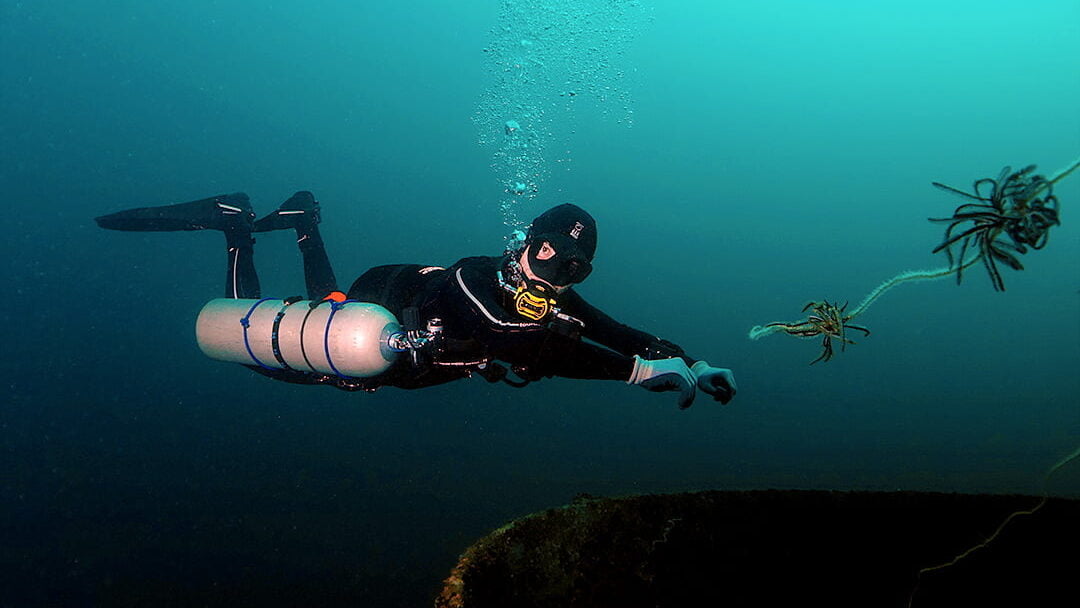
Developing Solo Diver Psychological Skills
Improving psychological preparedness is essential for solo divers to ensure safety and effectiveness. Here are several key areas to focus on:
Self-awareness and Honest Self-critique
Developing self-awareness involves regularly reflecting on one’s strengths and weaknesses. Solo divers should keep a dive log, noting not only the details of each dive but also personal performance, mistakes, and areas for improvement.
Honest self-critique helps divers identify patterns and weaknesses, allowing them to target specific skills for improvement.
Regularly seeking feedback from peers and mentors can also provide valuable insights that self-assessment alone might miss.
Learning Lessons from Diving Experience
Experience is valuable only if lessons are learned and applied. Solo divers should adopt a mindset of continuous learning, analyzing each dive to extract valuable lessons.
This involves not only recognizing what went well but also understanding what could have been done better.
Using these insights to adjust techniques, improve equipment use, and refine dive planning enhances overall competence and safety.
Resilience to Stress and Resistance to Panic
Building resilience to stress and panic involves mental conditioning and practical training. Divers can practice stress management techniques, such as mental visualization, controlled breathing, and mindfulness, to stay calm underwater.
Simulating emergency scenarios during training helps prepare for real-life situations, ensuring that stress responses are manageable and effective.
It is especially important to train your reaction to air depletion, or having the regulator out of your mouth, as this is a major cause of panic reaction in divers.
Mental rehearsals and realistic visualization techniques can also enhance preparedness by mentally practicing responses to potential challenges.
Overcoming Cognitive Biases
To counteract cognitive biases like overconfidence and the Dunning-Kruger effect, solo divers should adopt a humble and cautious approach to their skills and knowledge.
It is a common human trait to overestimate oneself. For that reason, regular external assessment of one’s capabilities against objective standards, such as honest peer critique, can provide a more accurate assessment of competence.
Attention to Detail
Fostering greater attention to detail involves meticulous preparation and execution of dives. Solo divers should develop thorough pre-dive checklists and adhere to them rigorously.
Detailed planning, including contingency plans for various scenarios, ensures that all aspects of the dive are considered.
During the dive, maintaining constant vigilance and being aware of surroundings, equipment status, and personal condition are crucial.
Risk-Averse Mindset and Worst-Case Scenario Planning
Adopting a risk-averse mindset means always considering the worst-case scenario and preparing accordingly. This involves choosing dive sites and conditions that match one’s skill level, carrying redundant equipment, and setting conservative limits for depth and duration.
By planning dives with a focus on potential risks and how to mitigate them, solo divers can minimize the chances of encountering unmanageable situations.
By focusing on these areas, solo divers can significantly enhance their psychological preparedness, ensuring that they are capable of handling the unique challenges of diving alone with legitimate self-confidence.
Solo Diver Skillset Maintenance
Simply doing a solo diver course and getting certified isn’t enough. Many of the important skills taught in these courses will not be utilized on uneventful dives. This can mean that skill fade will occur.
When an emergency finally arises, the diver may find that the skills they relied upon are not available to them. This can dramatically spike their stress level, crush their situational awareness, and reduce their odds of survival.
Here are some measures that you can perform as a responsible solo diver:
- Engage in regular deliberate practice of the full spectrum of solo diver skills; both routine and extraordinary.
- Plan and conduct simulated emergency exercises routinely to develop your problem-solving and stress-management abilities.
Conclusion: The Solo Diver
Solo diving offers a unique and rewarding experience for those prepared to embrace its challenges and make the necessary investment of time, money, and effort.
With high-quality training, appropriate equipment, and mental preparedness, solo divers can enjoy the freedom and focus that comes with diving independently.
Always remember that safety is paramount, and continuous self-assessment and skill improvement are essential for the successful solo diver.
My Other Articles on Solo Diving
About The Author

Andy Davis is a RAID, PADI TecRec, ANDI, BSAC, and SSI-qualified independent technical diving instructor who specializes in teaching sidemount, trimix, and advanced wreck diving courses.
Currently residing in Subic Bay, Philippines; he has amassed more than 10,000 open-circuit and CCR dives over three decades of challenging diving across the globe.
Andy has published numerous diving magazine articles and designed advanced certification courses for several dive training agencies, He regularly tests and reviews new dive gear for scuba equipment manufacturers. Andy is currently writing a series of advanced diving books and creating a range of tech diving clothing and accessories.
Prior to becoming a professional technical diving educator in 2006, Andy was a commissioned officer in the Royal Air Force and has served in Iraq, Afghanistan, Belize, and Cyprus.
In 2023, Andy was named in the “Who’s Who of Sidemount” list by GUE InDepth Magazine.
Purchase my exclusive diving ebooks!
Solo Diving FAQs
It can be okay to scuba dive alone (solo dive) if you have undertaken an agency-authorized training course for solo, self-reliant, or independent diving.
Solo diving is diving alone in a self-sufficient manner without the support of the dive buddy system.
To solo dive safely, you need the right combination of advanced skills, risk mitigation mindset, and appropriate dive gear. This is taught on a dive agency solo, self-reliant, or independent diving course.
Yes, PADI offers the Self-Reliant Diver Course for suitably experienced and qualified divers.
PADI, SSI, RAID, SDI, and IANTD offer certification courses for solo, self-reliant, and independent diving.
A self-sufficient diver possesses the skills, equipment, knowledge, and mindset to mitigate foreseeable risks without reliance on the buddy system.
Originally posted 2024-05-22 11:40:54.

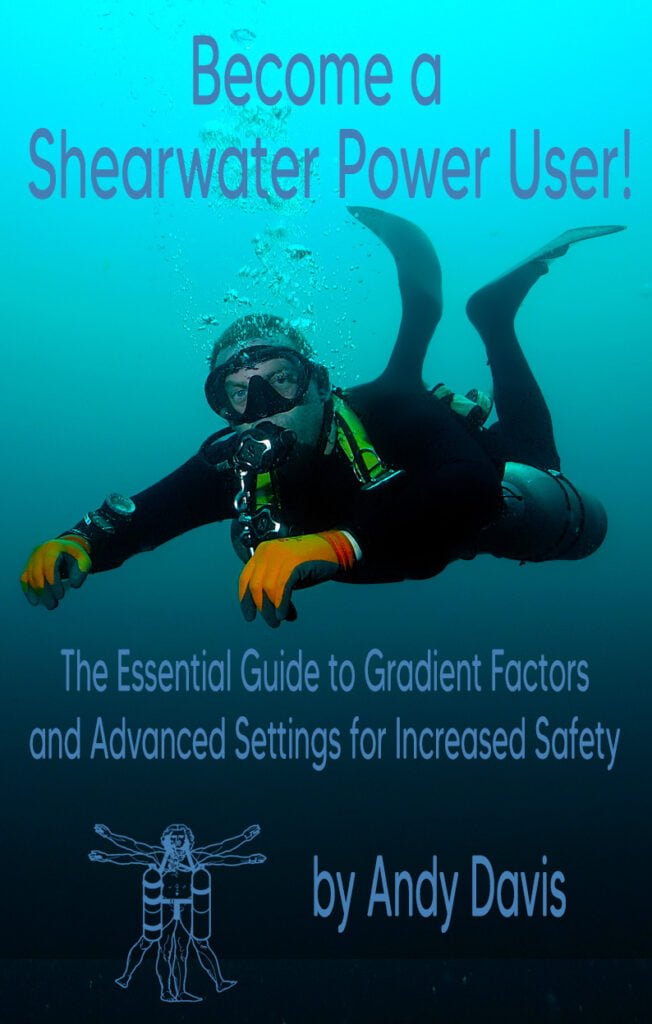
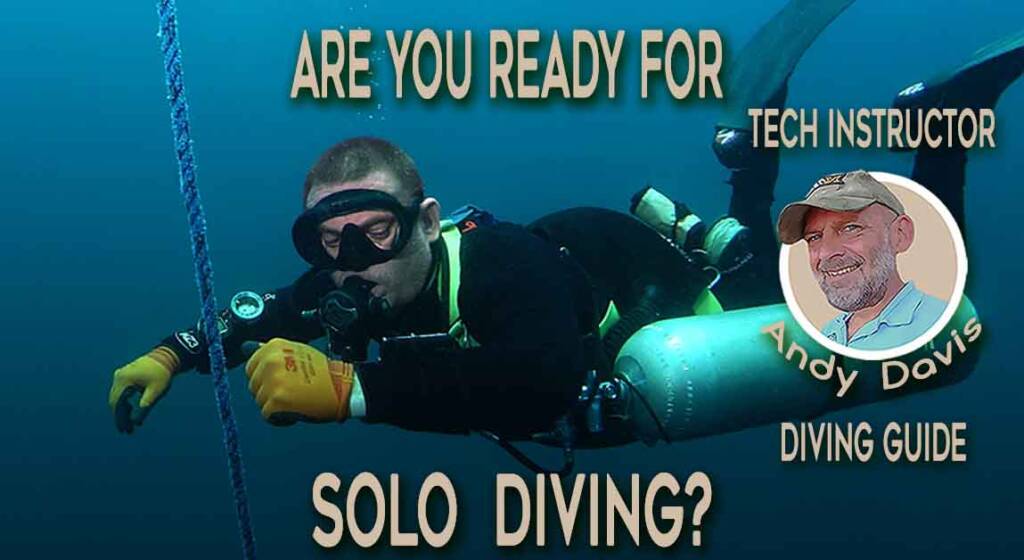
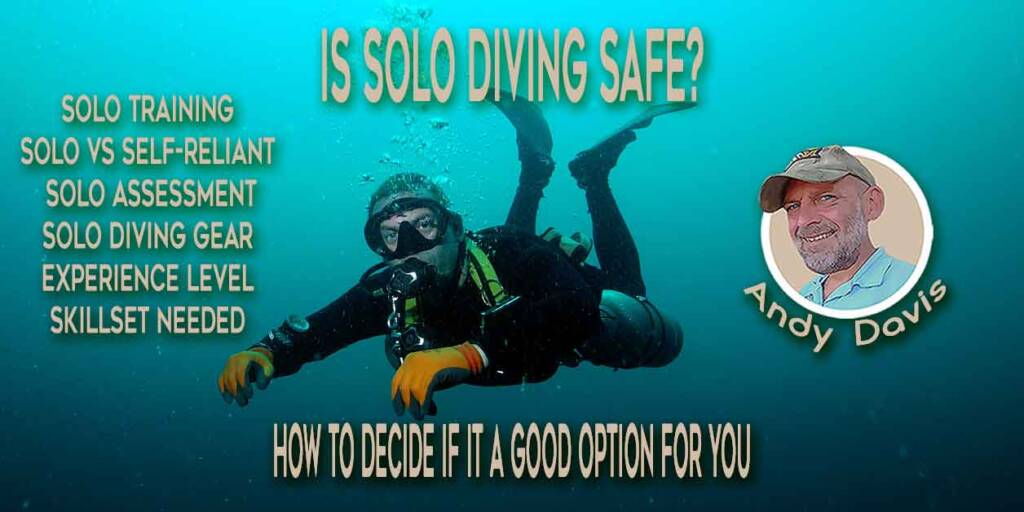

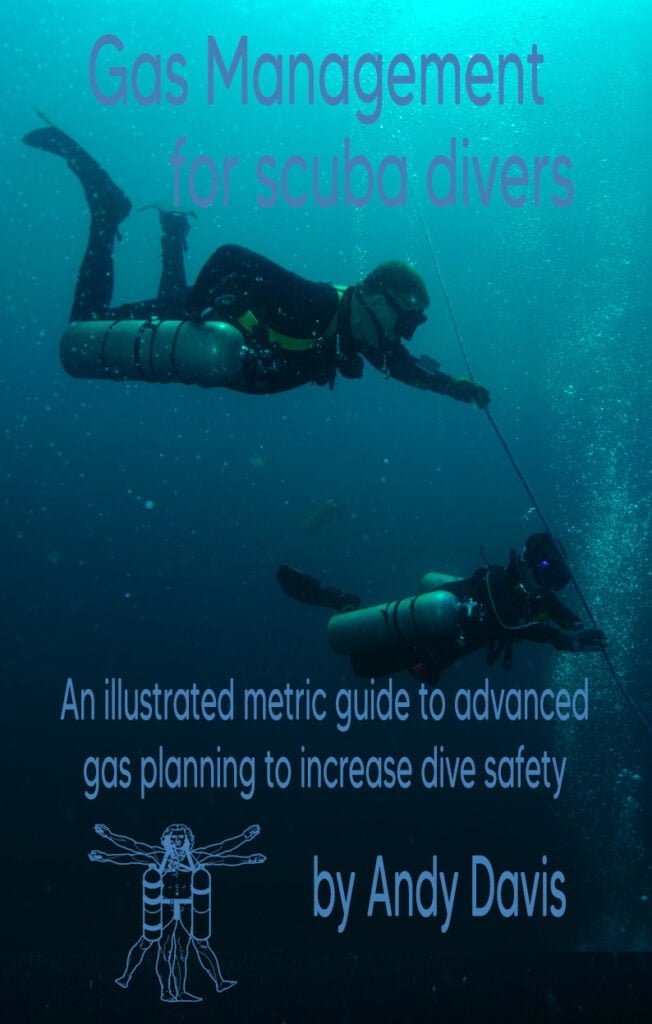
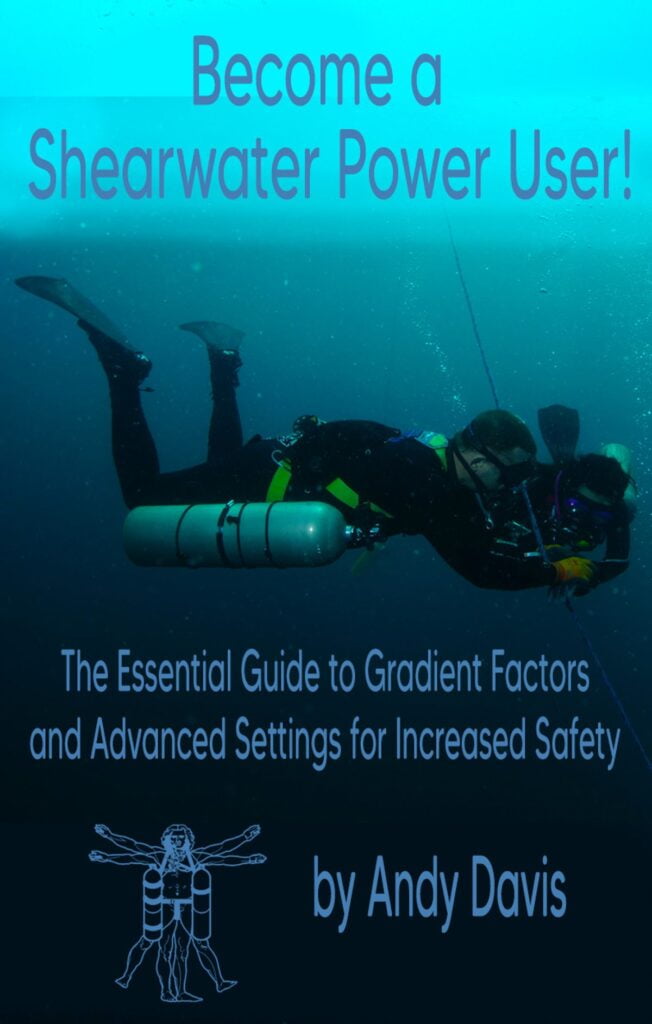
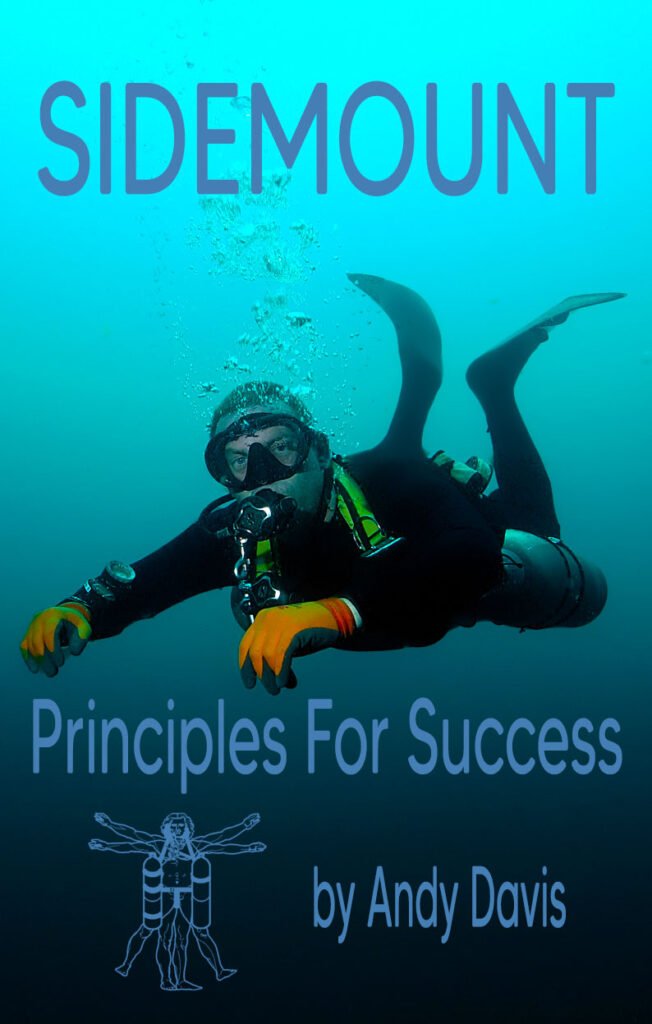
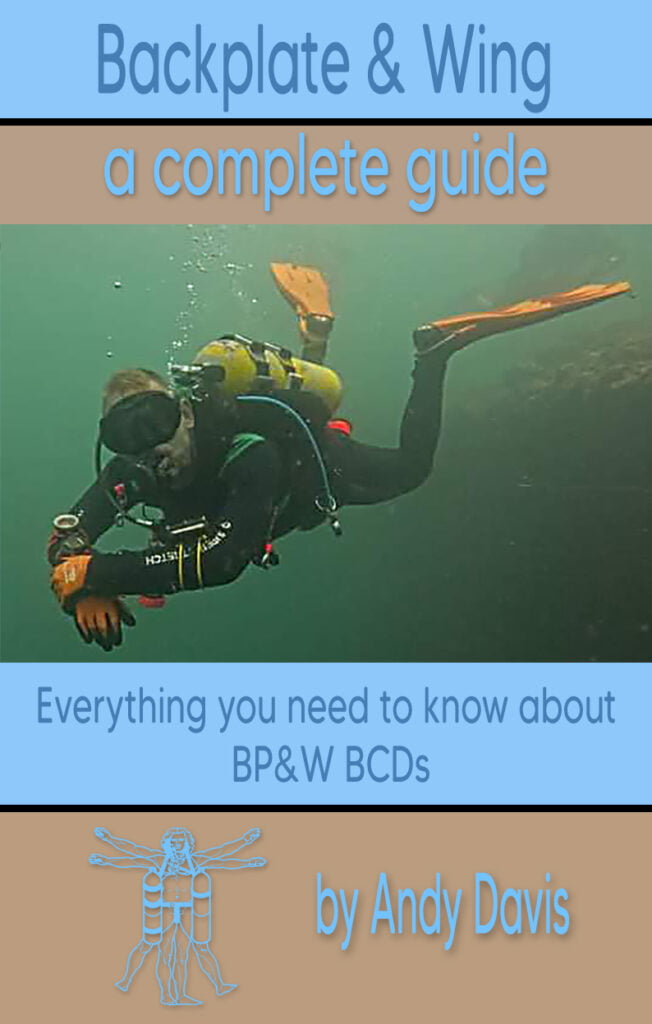
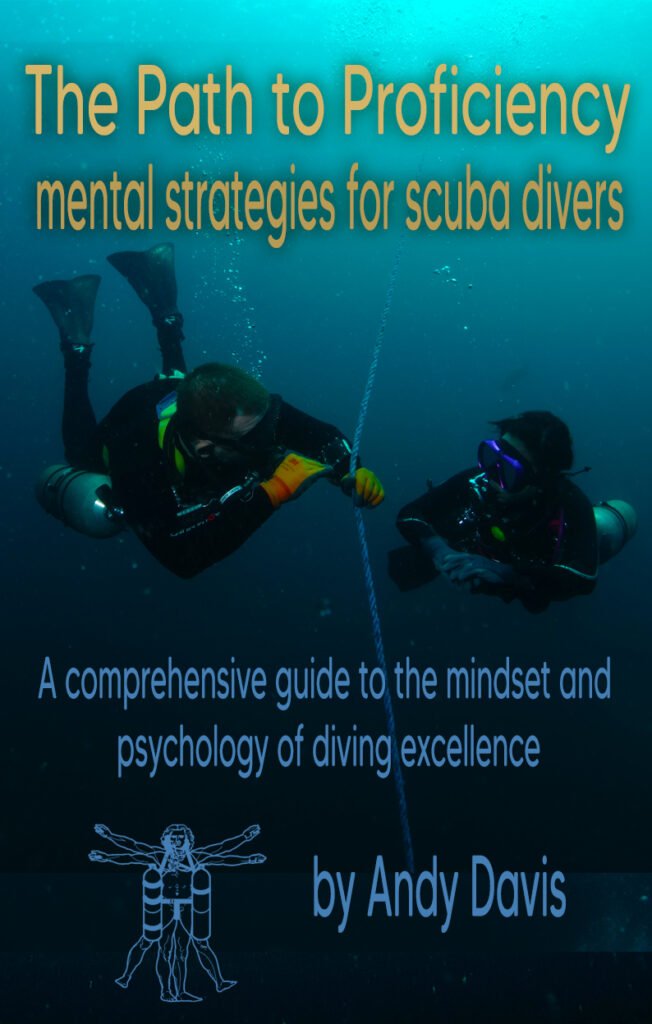

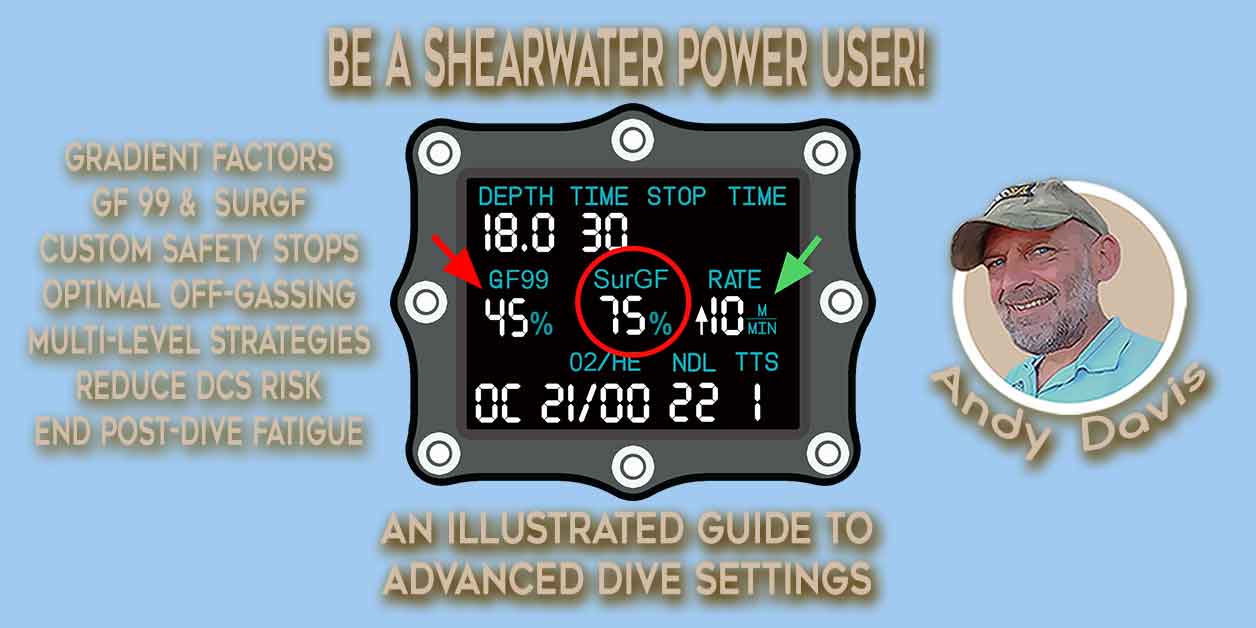
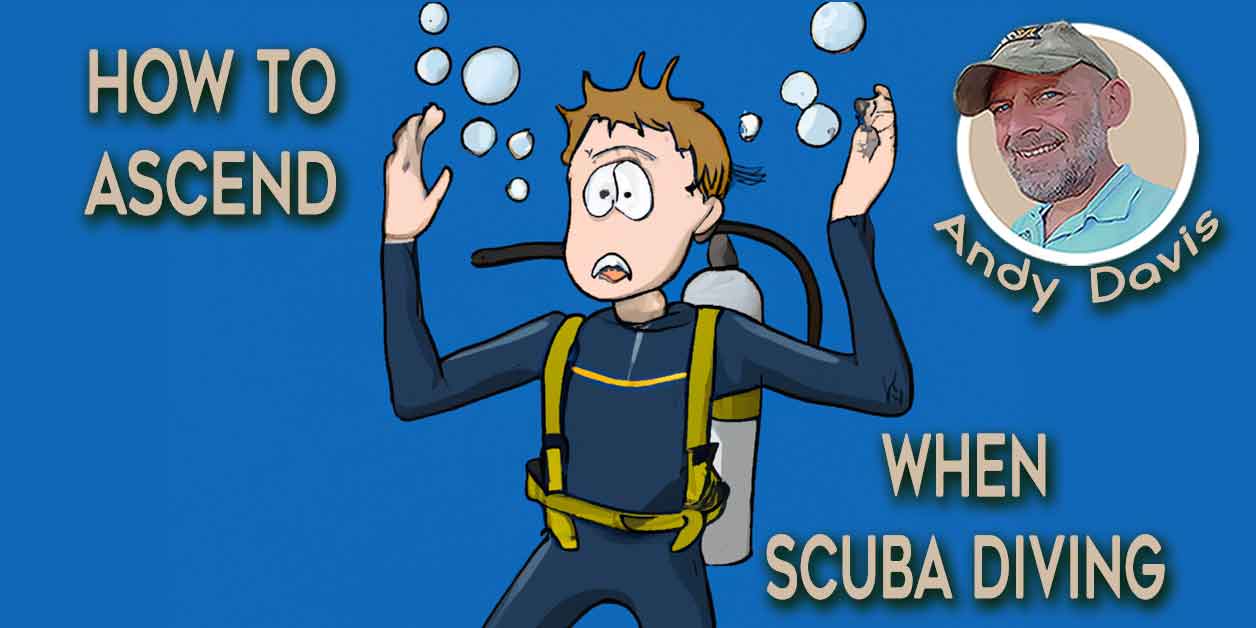
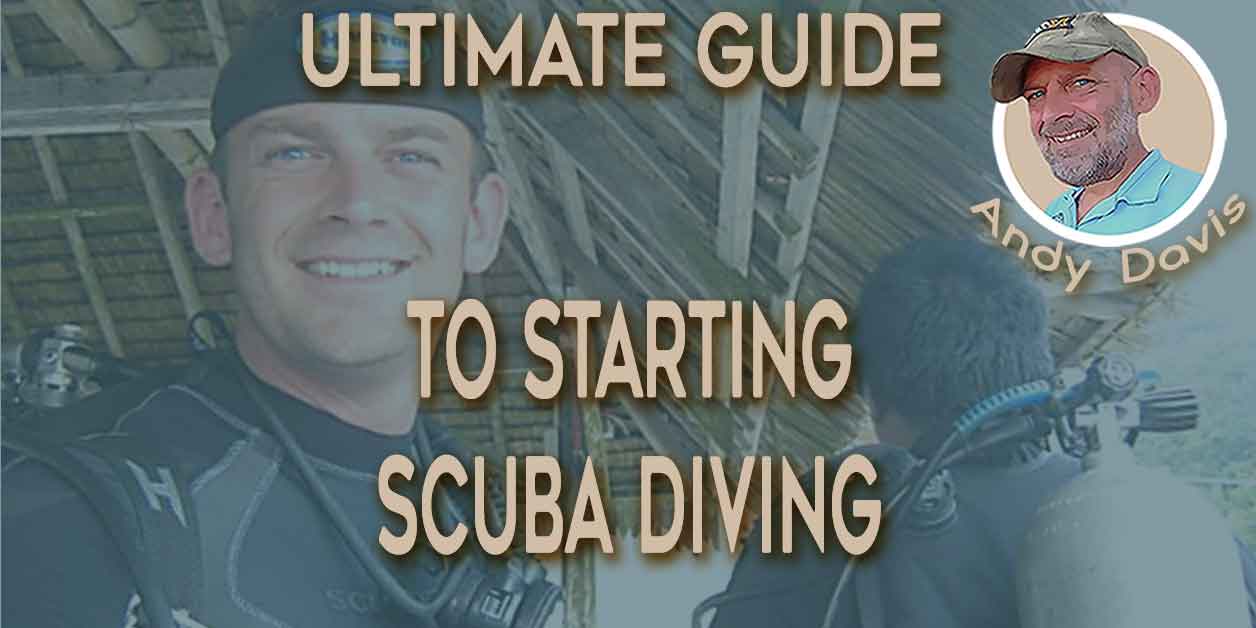
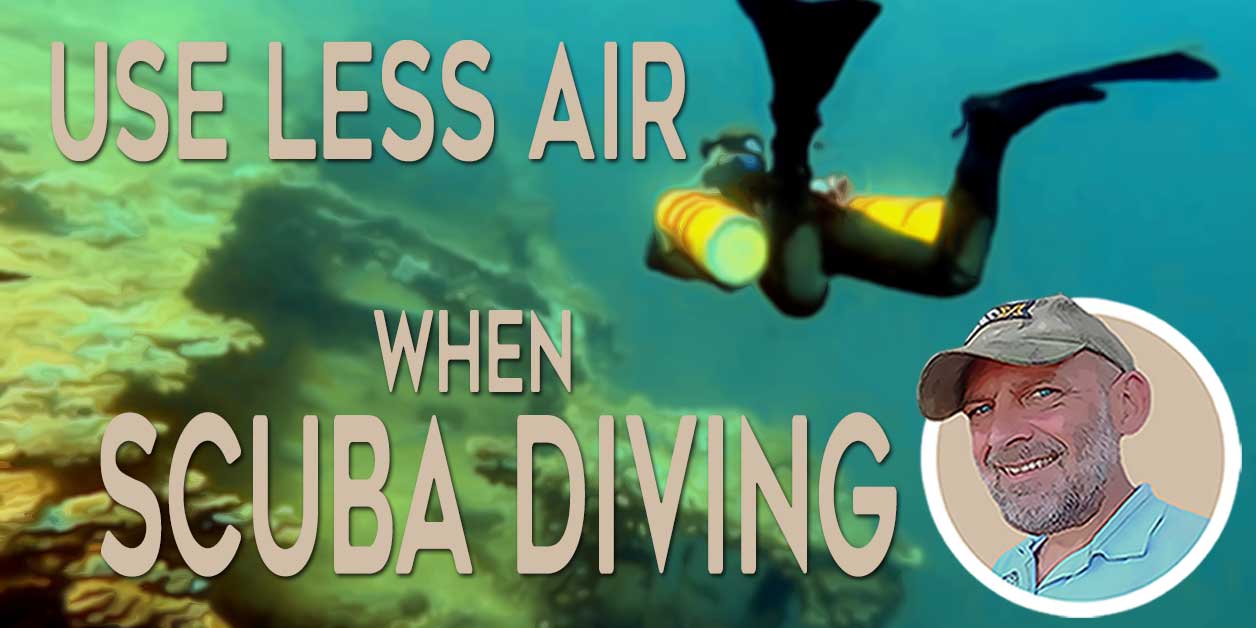
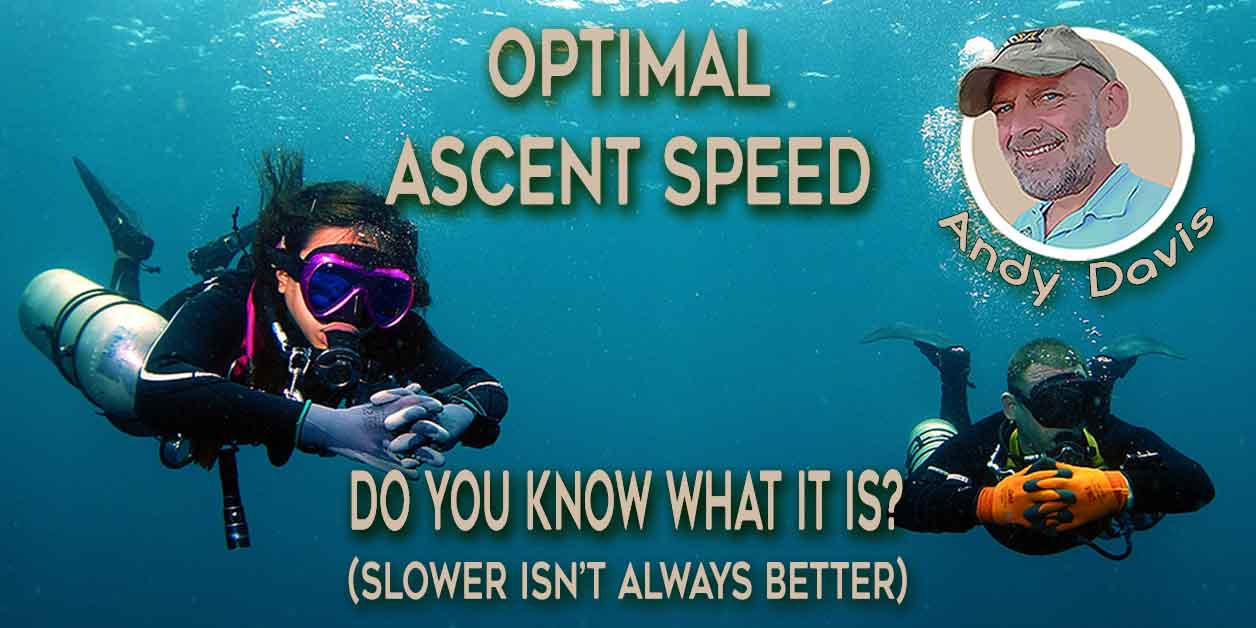
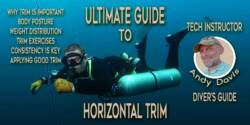
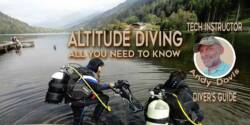
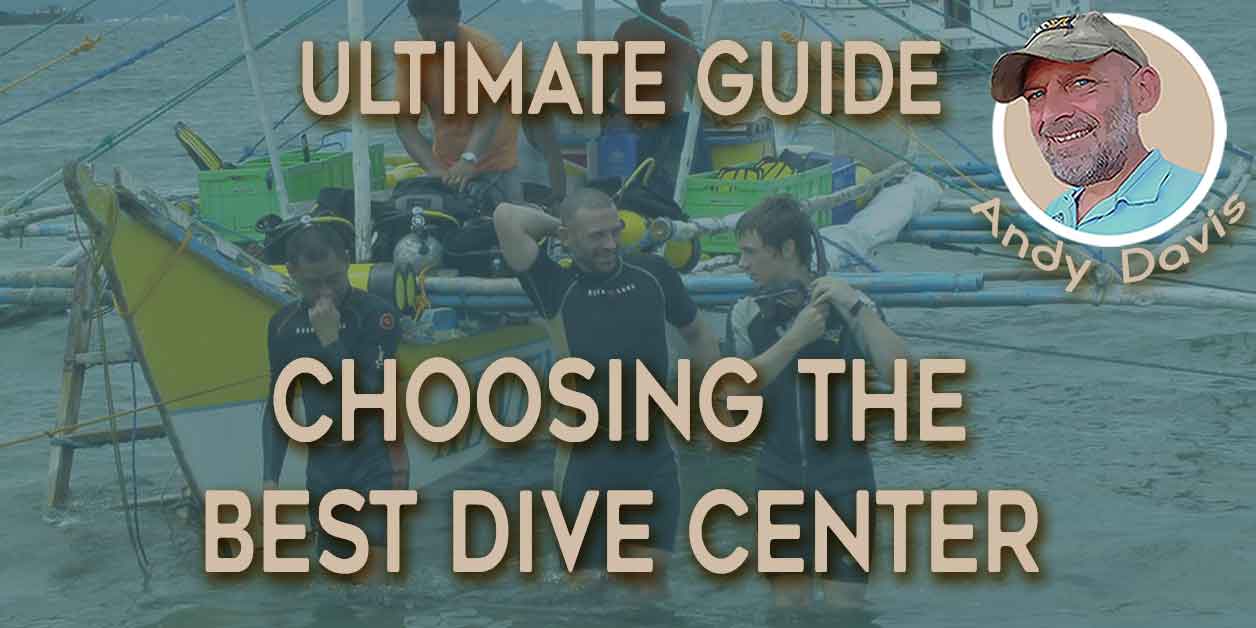
Awesome, well researched and interesting solo article. Thanks ?. Is there a pdf available?
All the best
Wayne
This article? I am currently collating and editing selected articles for an advanced diving ebook – this will be included in that.
Fantastic. Where can I buy as a pdf and download it?